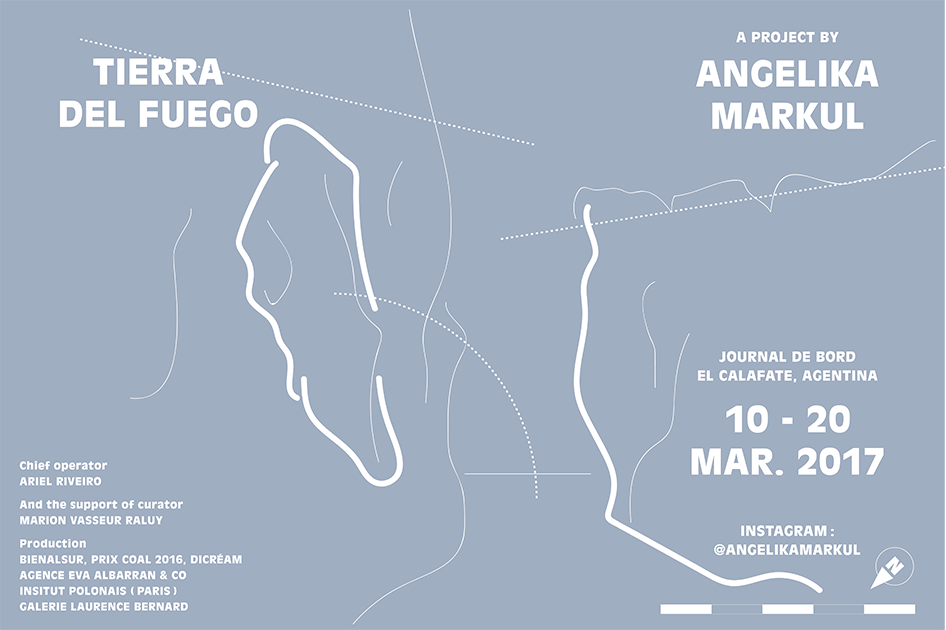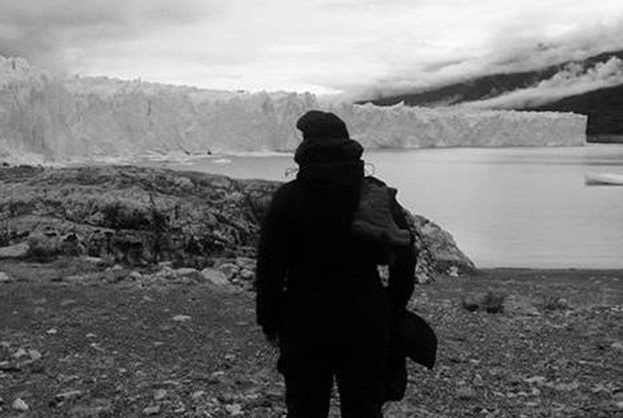Logbook
El Calafate, Argentina
10 – 20 March 2017
Chief operator Ariel Riveiro
Production Bienalsur, Prix COAl 2016, DICRéAM, Institut Polonais (Paris),
Agence Eva Albarran & Co , galerie Laurence Bernard
And with the support of the curator Marion Vasseur Raluy
Tierra del Fuego is an archipelago located in the extreme south of the American continent between Argentina and Chile, formed by a main island and many smaller islands. My new video project is located on that land where I will film the progressive melting of the glaciers. In the same way that the Native Americans were spread out by the Europeans although they had been living on those lands for 12 000 years, this area will disappear.
The name of this land comes from nomadic fishermen, the Yagans . They lived on several canals and started fires that could be seen from the ocean. That civilization has inspired me a series of drawings; they are sketches, researches drafts and pieces. Their outfits, hairstyles and rites are represented in my drawings, as a symbol of their wealth and cultural diversity. The milodon is a prehistoric animal that is now extinct. It is representative of what interests me in this project. I compare the Native American’s extinction, their rites and their traditions and the disappearance of the landscapes due to the environmental issues.
By choosing to go in a sublime and dangerous land, I’m trying to raise awareness among the spectator to the environmental issues with modesty, poetry and sensibility. Gabriela Mistral, a Chilean poet, is one of the profound sources of my inspiration for this project. In her poem “ la Iluvia Lenta”, in English “ the slow rain”, the author renews with the motherland, the sacred land, through the rain. In one hand, she has denounced firmly the human devastating effects on the environment. On the other hand, she has always searched to commune with nature. Like the rain is an aesthetic symbol for the author, the glaciers are in my work, the symbol of the disappearance of mankind and the necessity to connect with the motherland.
The project has received the support of the Polish Institut, DICRéAM and Bienalsur.
Angelika Markul is the winner of the COAL Prize 2016 to support the project.
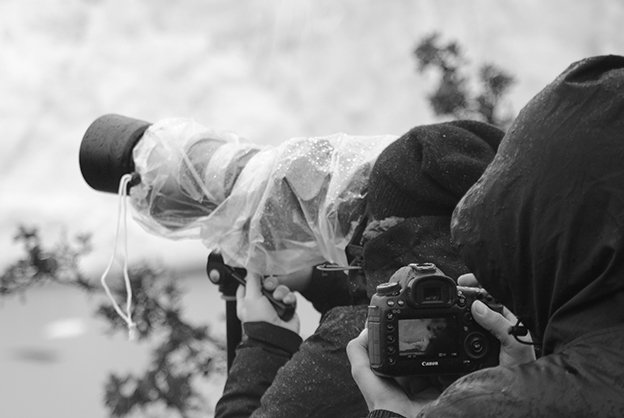
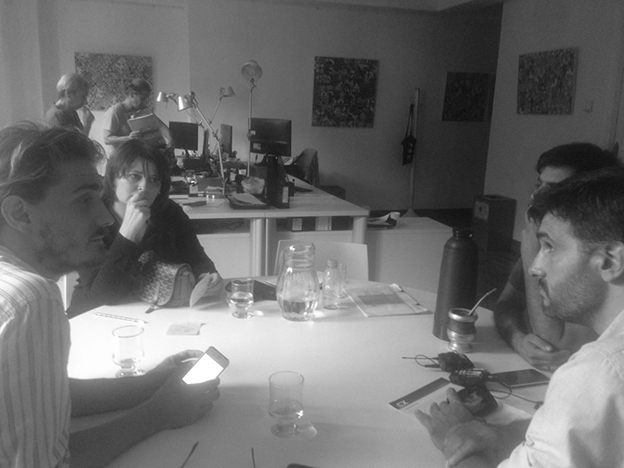
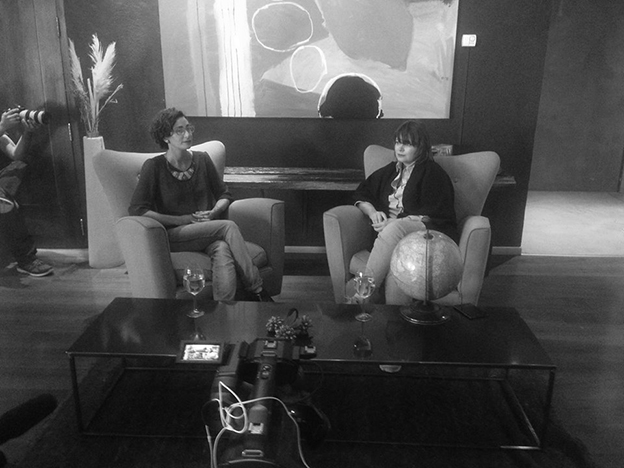
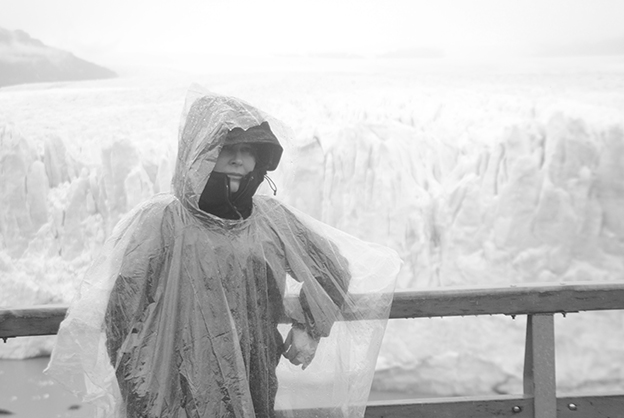
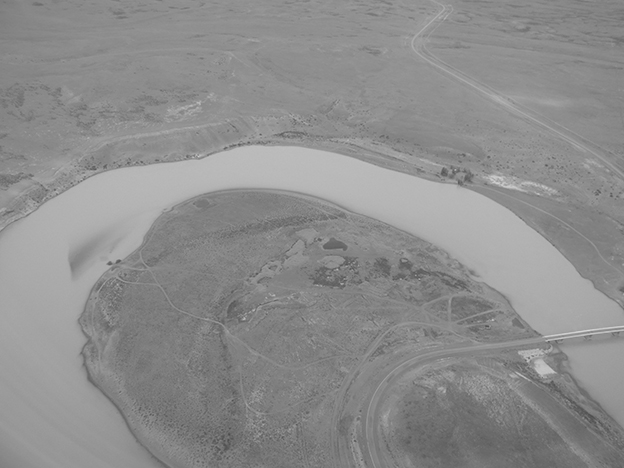
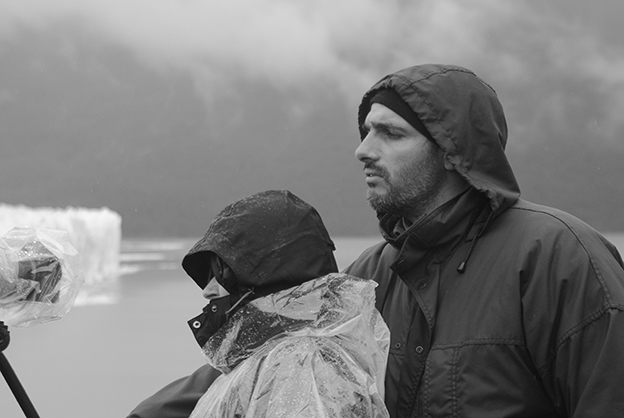
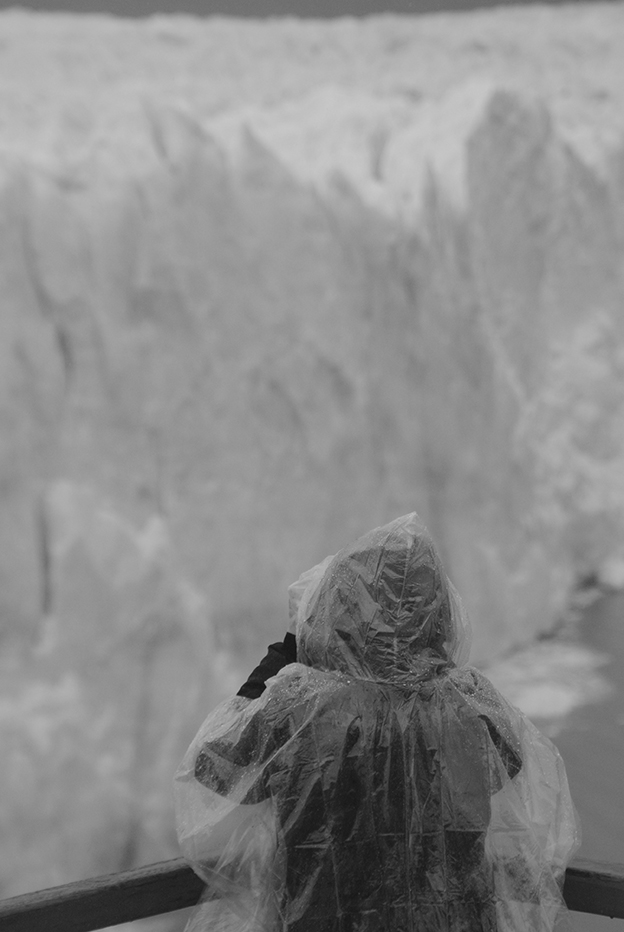
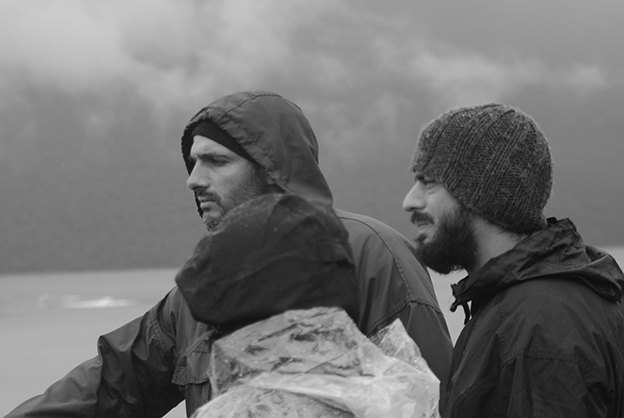
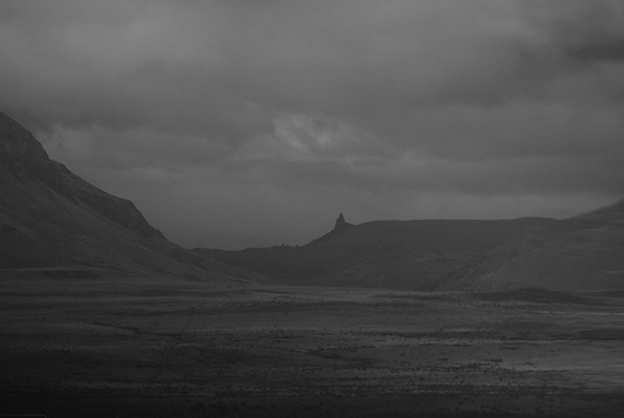
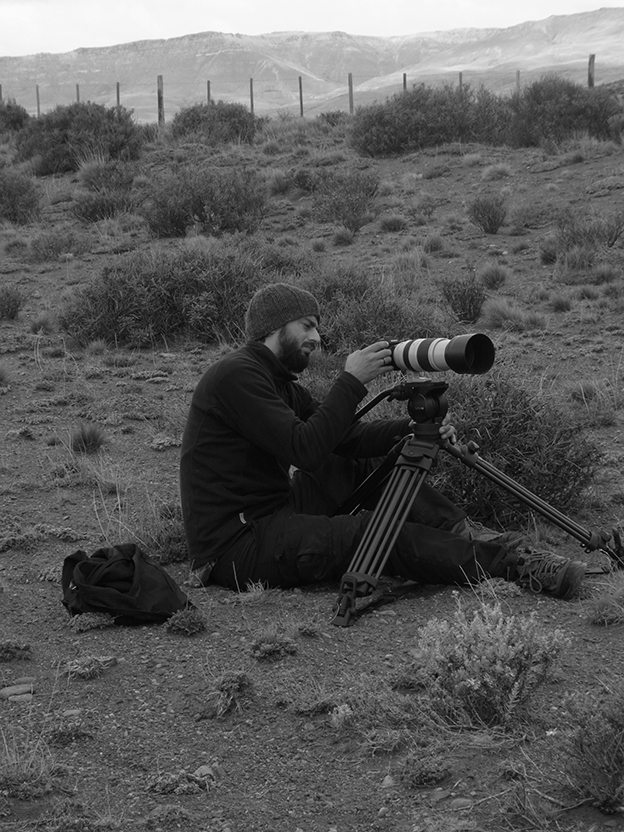
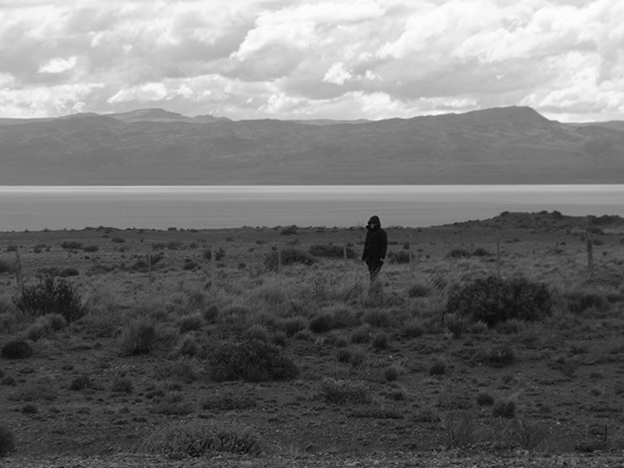
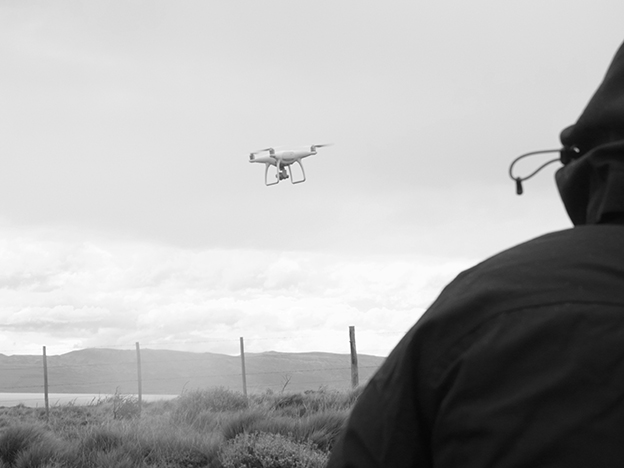
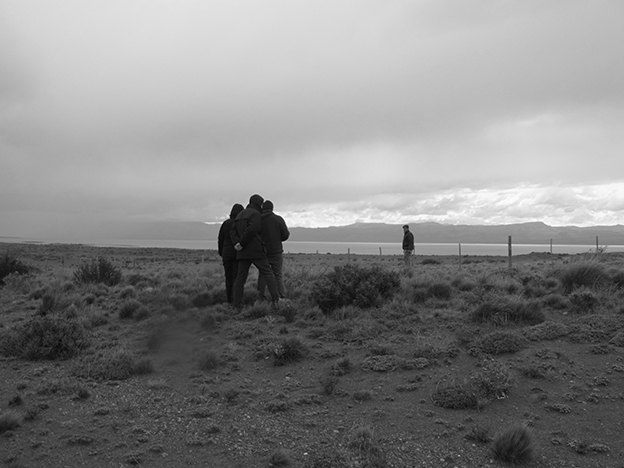
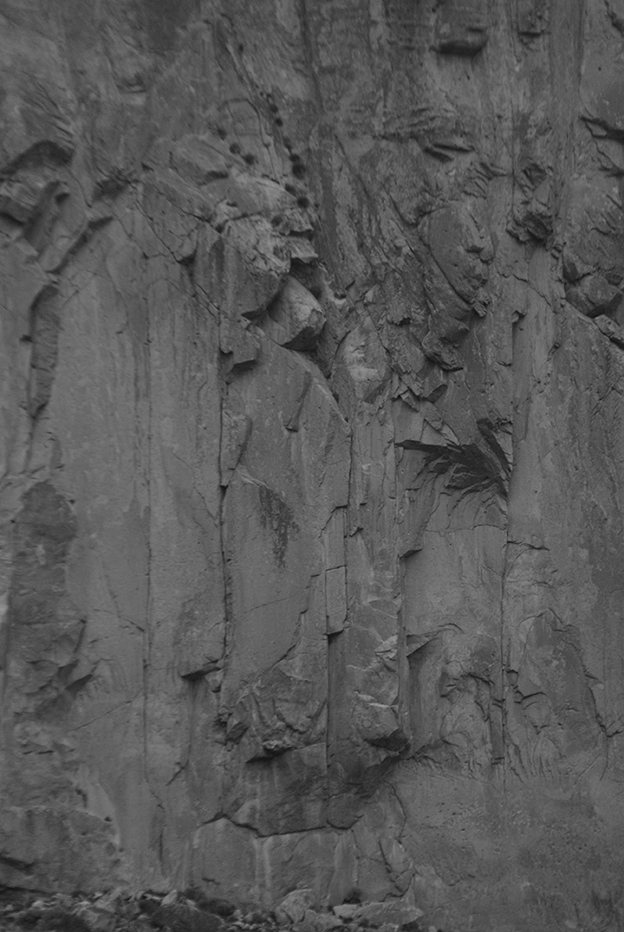
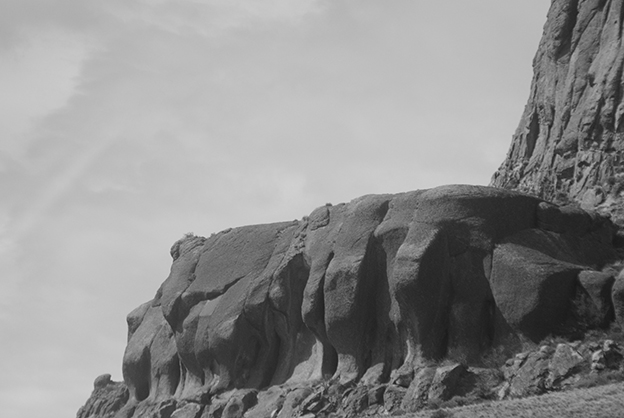
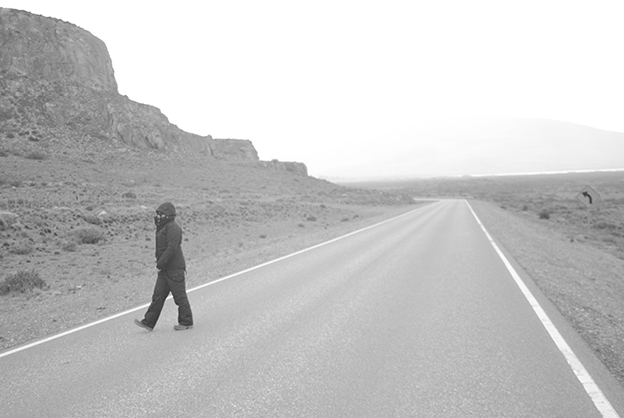
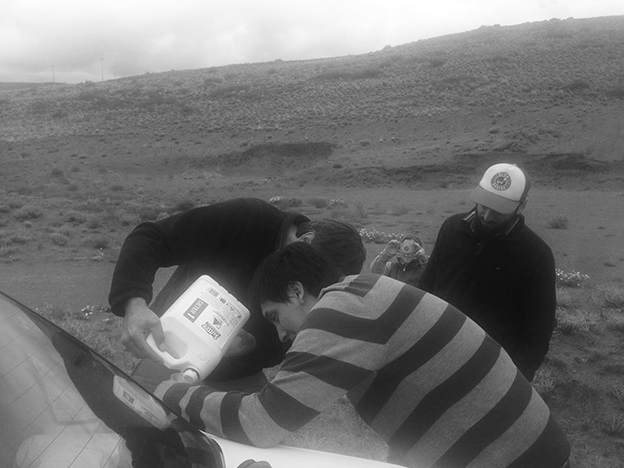
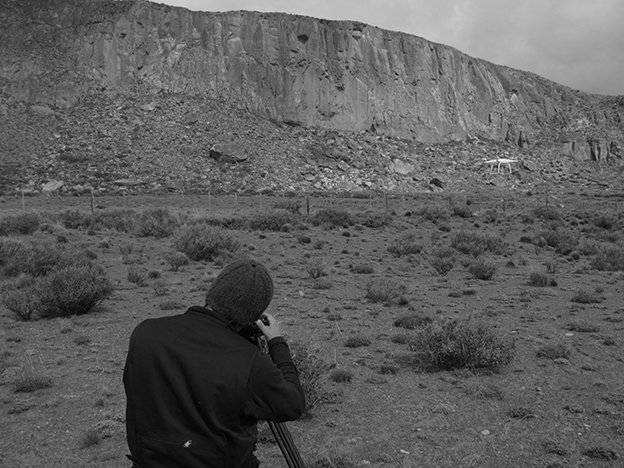
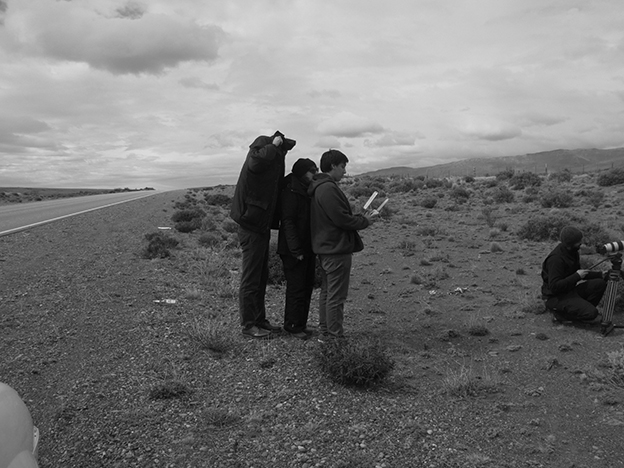
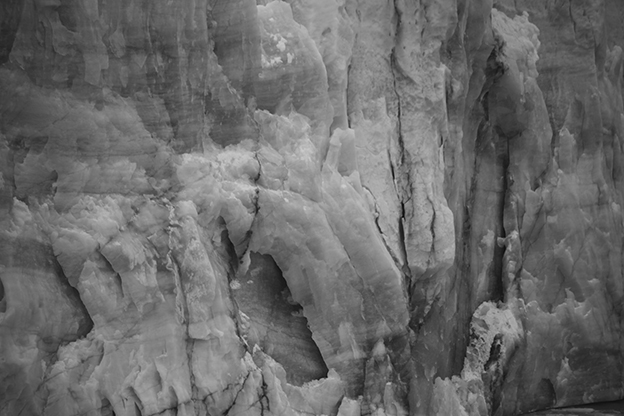
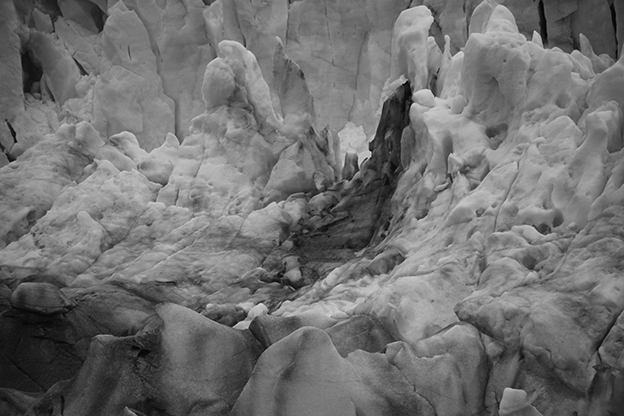
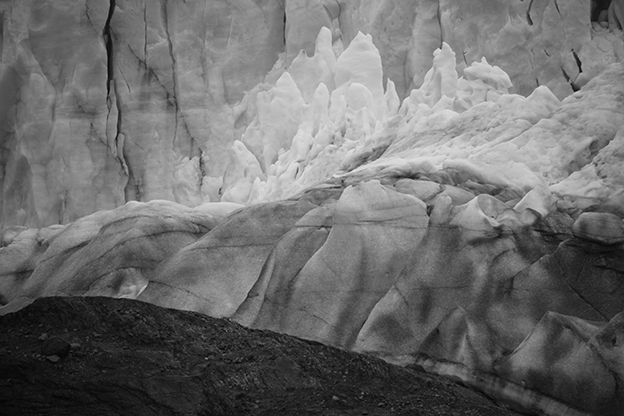
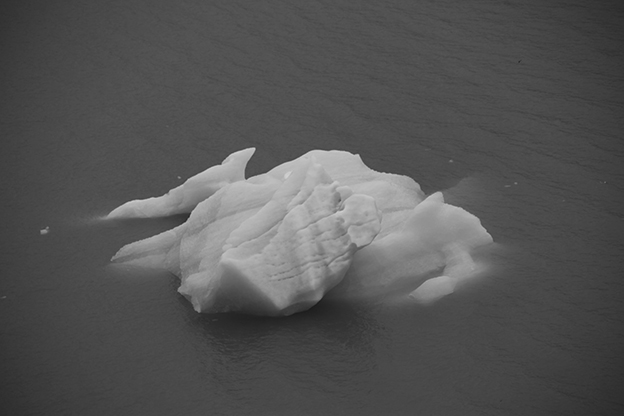
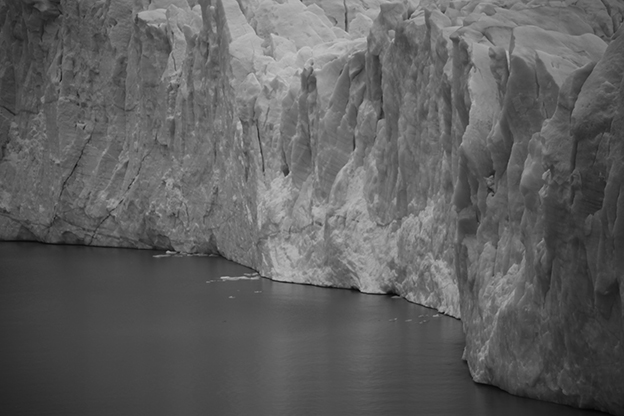
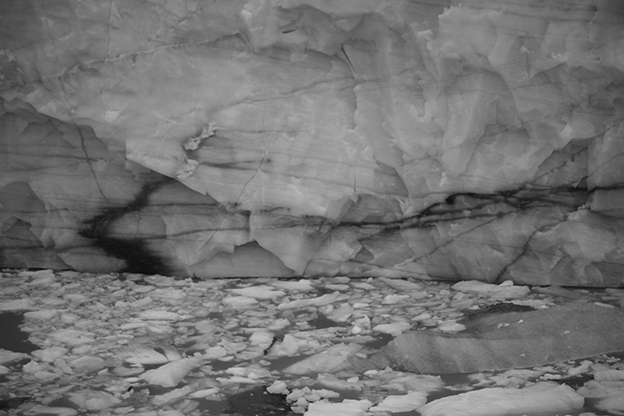
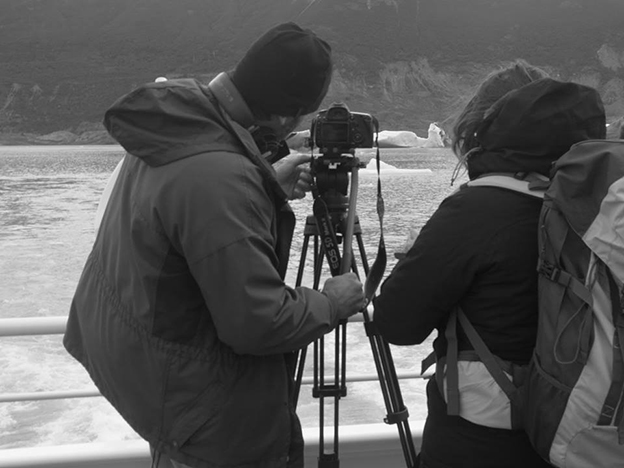
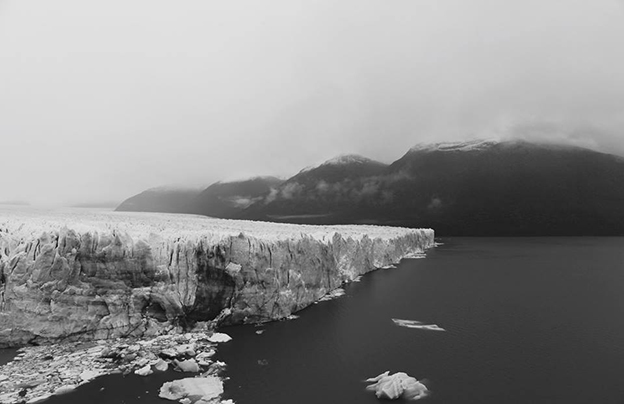
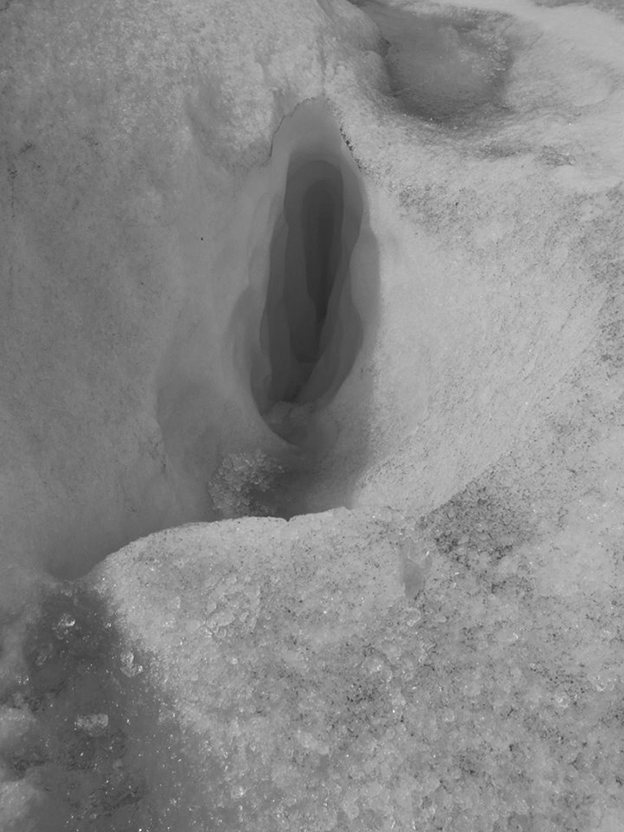
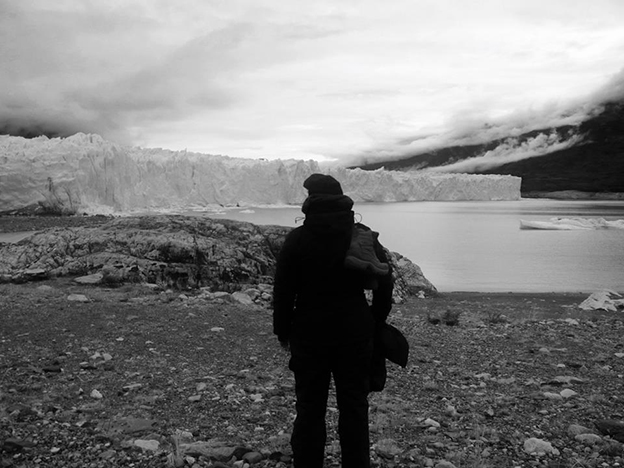
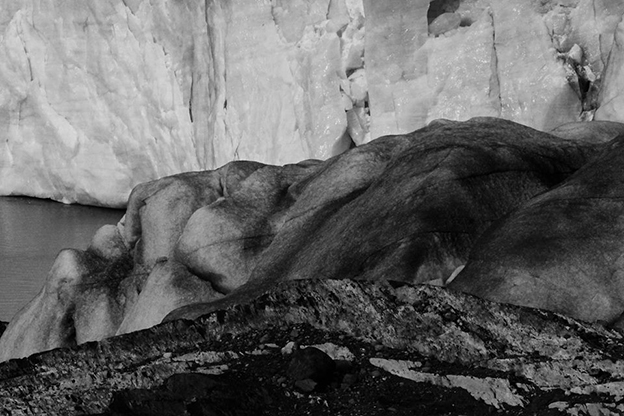
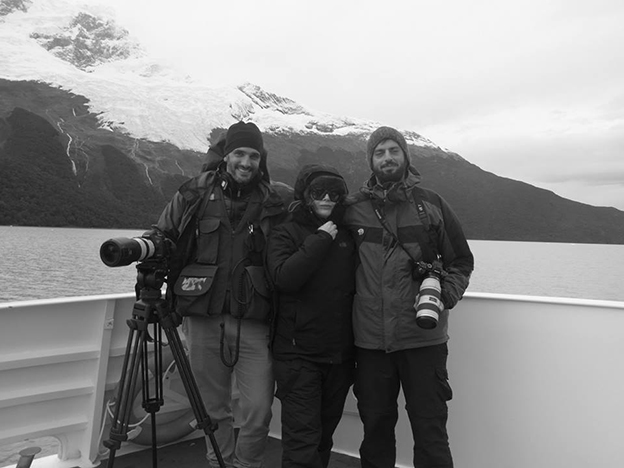
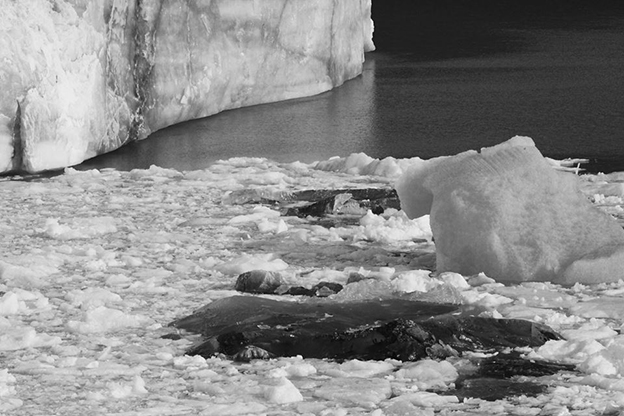
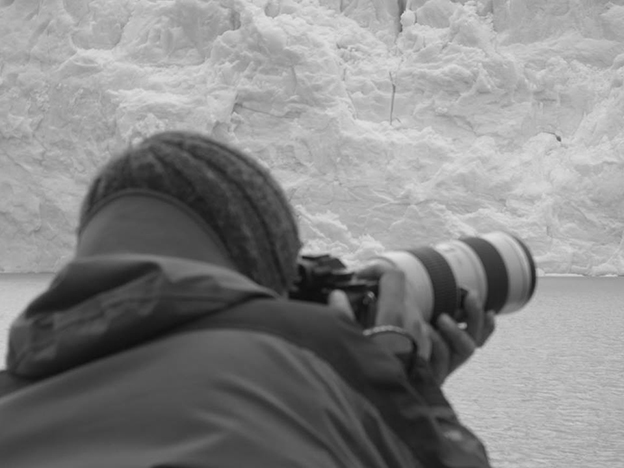
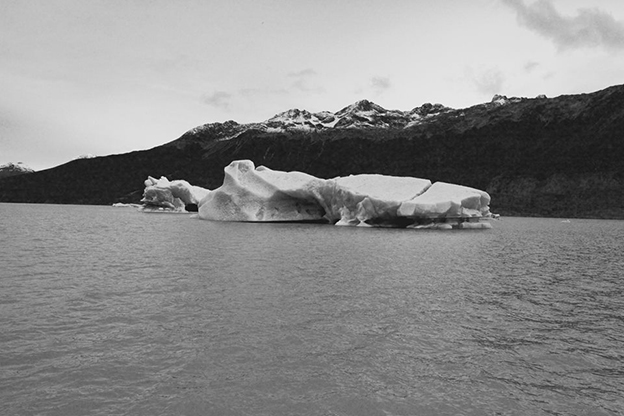
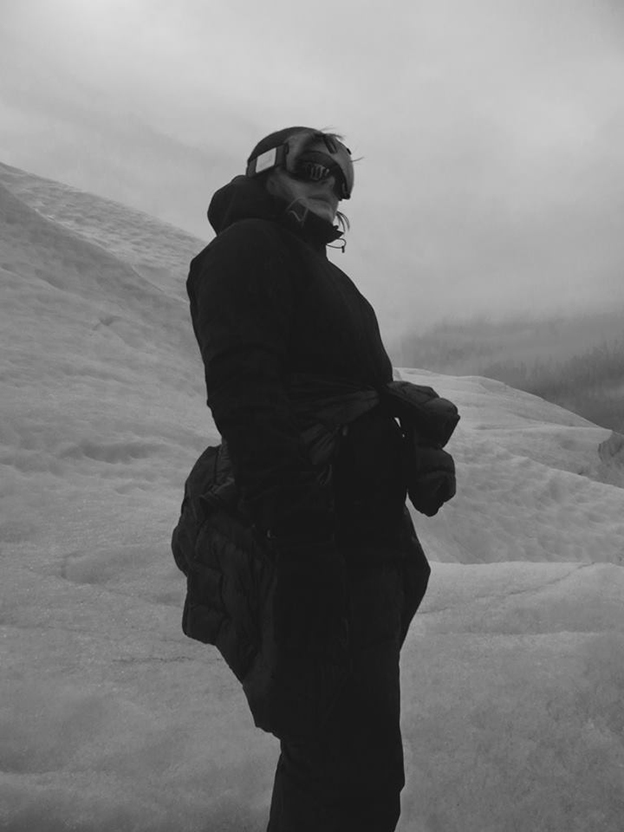
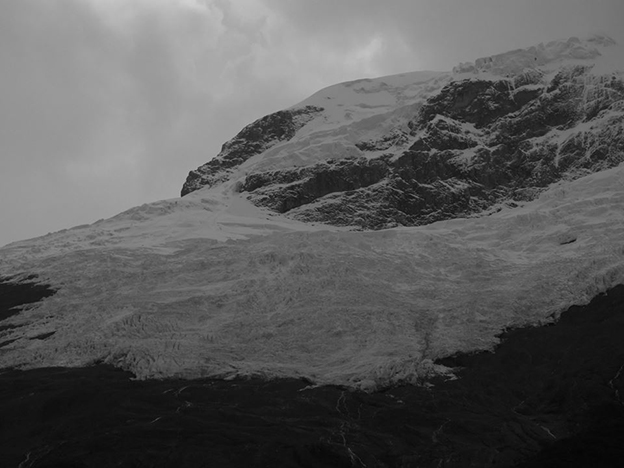
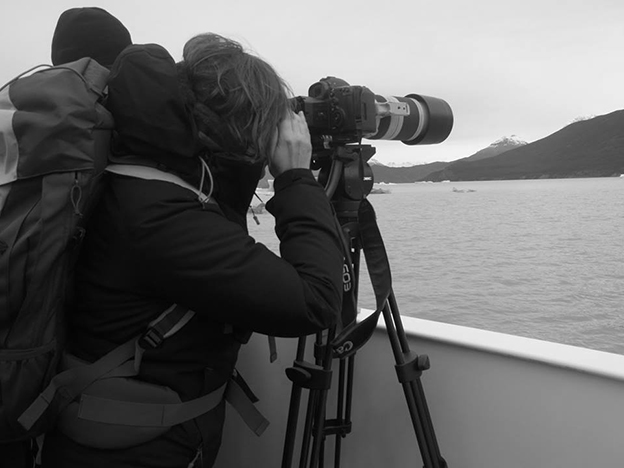
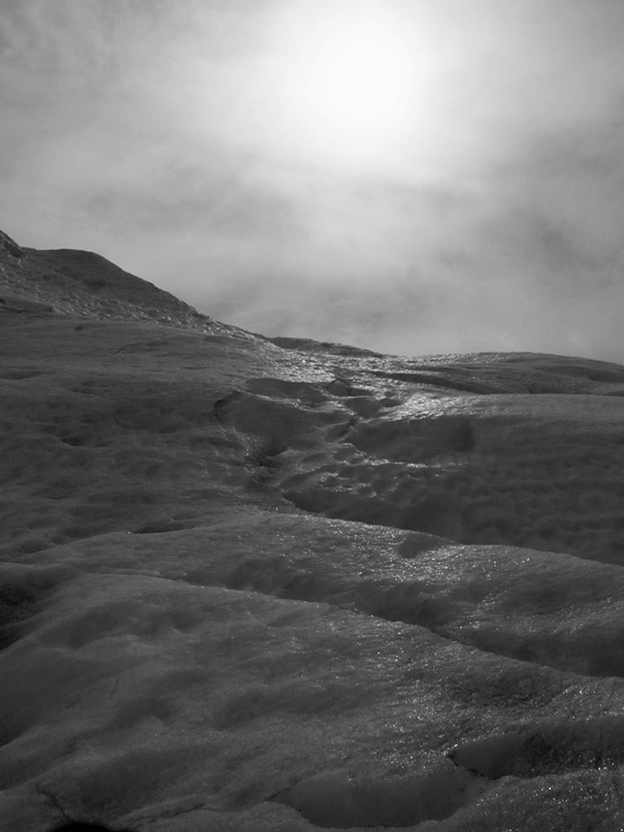
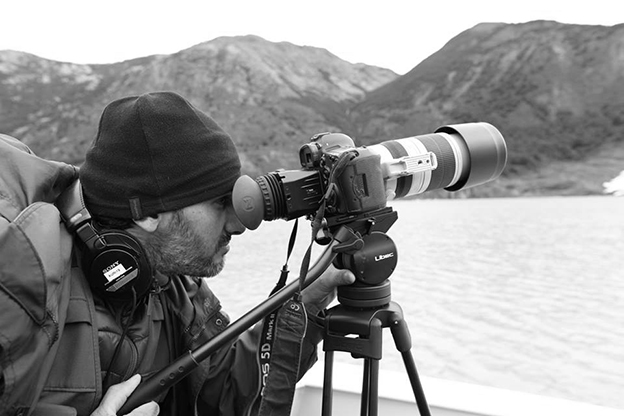
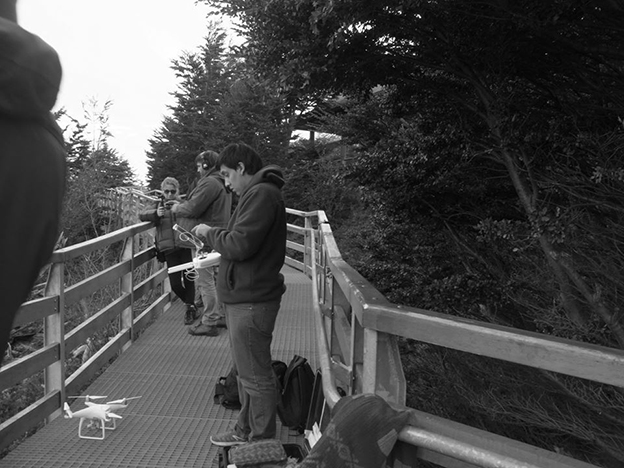
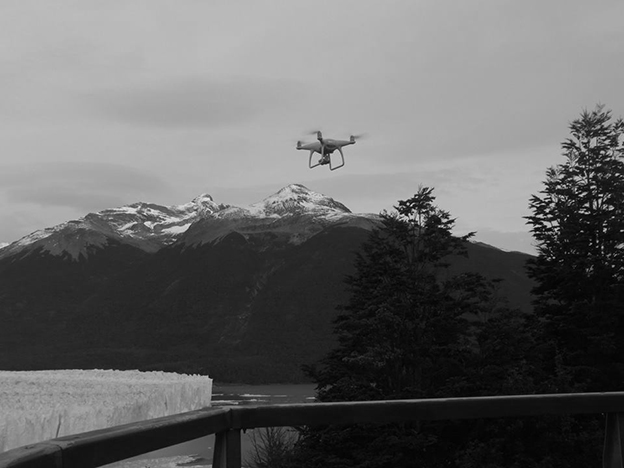
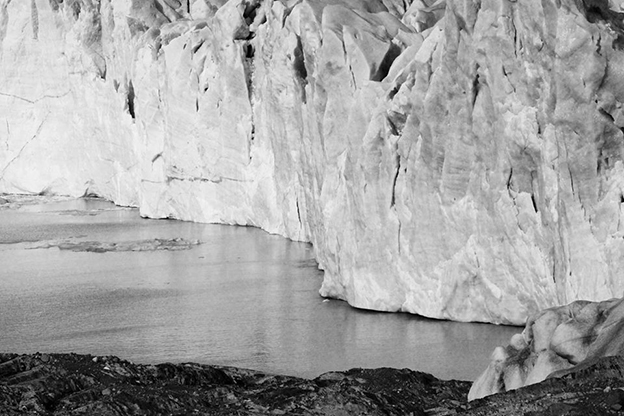
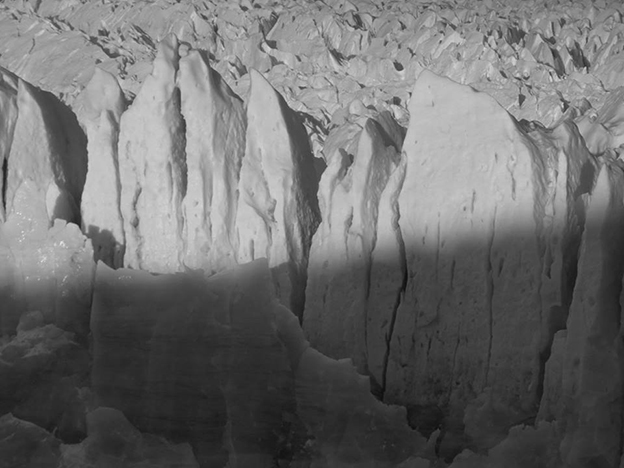
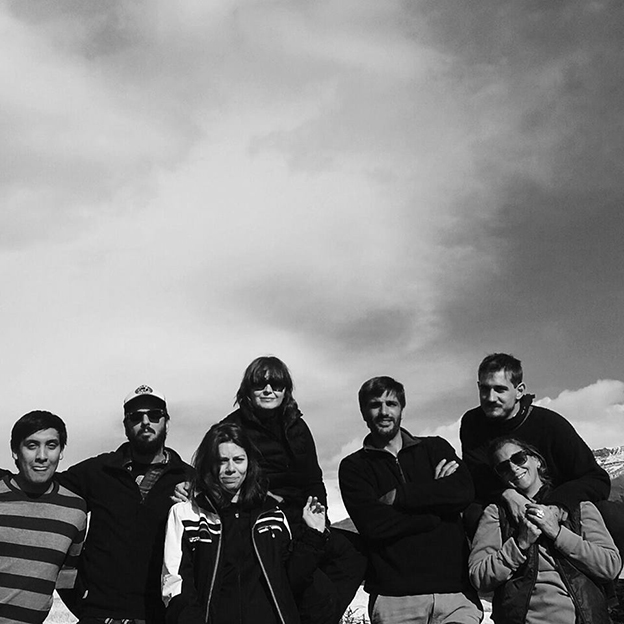
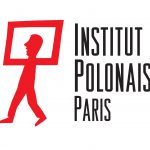
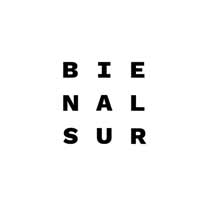
![]()
![]()


